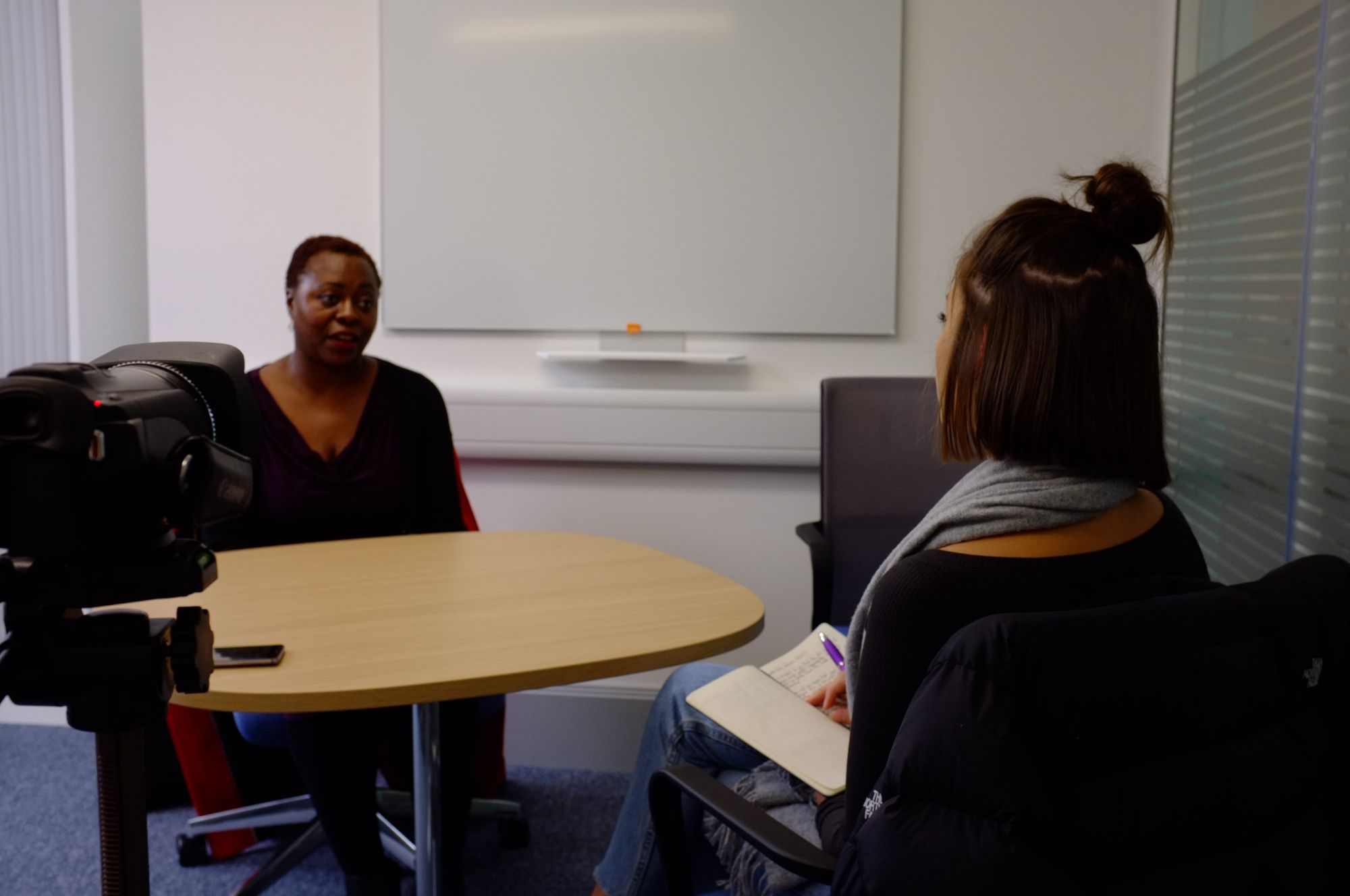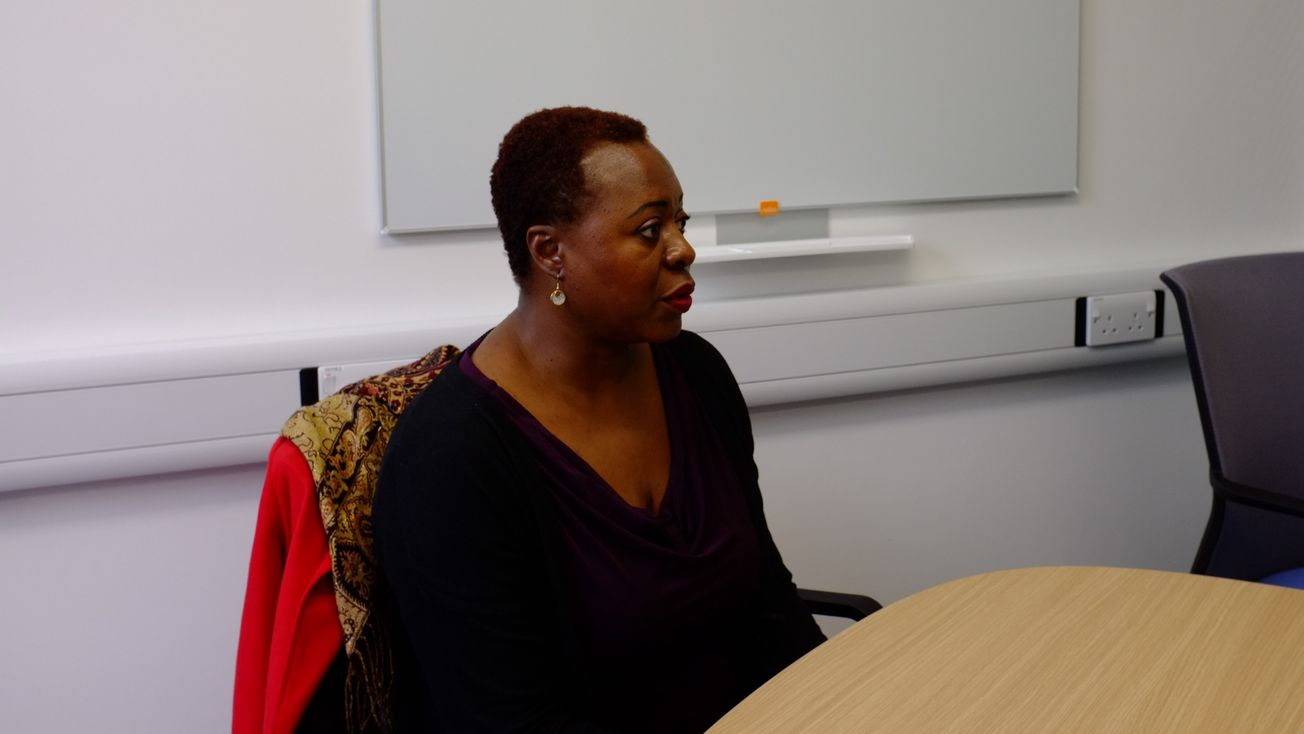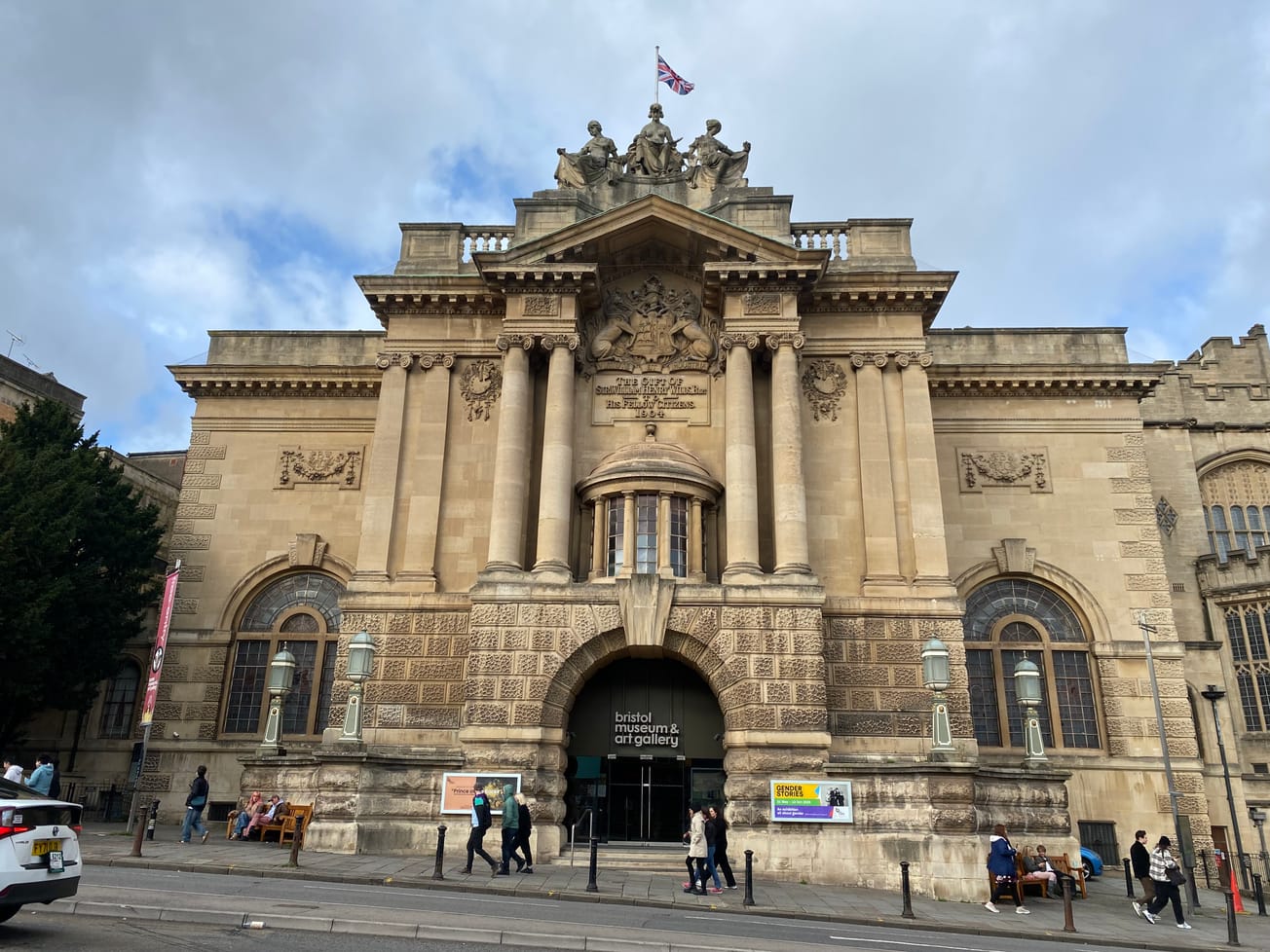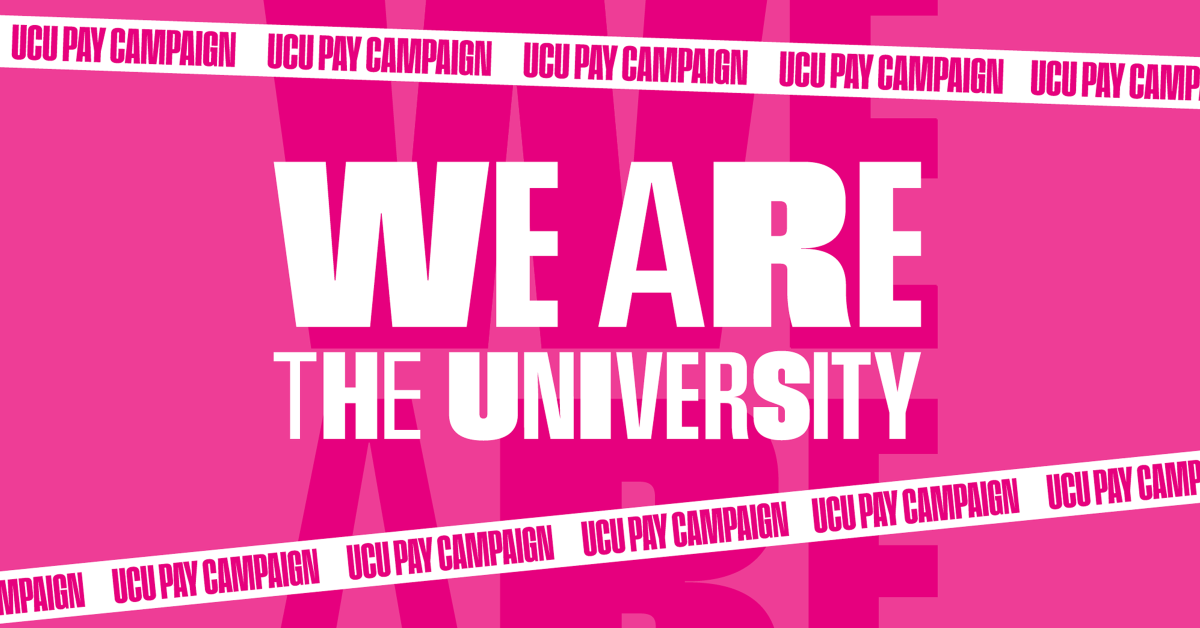By Isaac Haigh, Investigations Correspondent
The University of Bristol has appointed its first Professor of the History of Slavery.
Professor Olivette Otele, the UK’s first female black history professor, will take up her new role from January 2020 and will be based at the University’s Department of History and Centre for Black Humanities.
In her new role, Professor Otele will work with staff, students and communities in the city of Bristol to help the University better understand its past and use that knowledge to shape its future.
Her research examines the various legacies of colonial pasts, understanding trauma, recovery and social cohesion, but also amnesia and reluctance to address various aspects of colonial legacies.
She was appointed the first black history professor at Bath Spa University in October 2018.
It comes after the University of Cambridge announced a study to ascertain whether it had profited from slavery.
Posted by Epigram on Sunday, May 5, 2019
Professor Otele said she was 'very much looking forward to starting' in the New Year.
'I hope to bring together Bristolians from all communities, and scholars, artists and educators who are willing to contribute to a stronger and fairer society. I want students to see me as a facilitator of a dialogue that needs to take place and that is about the role of the University of Bristol in the transatlantic slave trade.
'I want to produce a rigorous and an extensive piece of research that will be relevant to the University, to the city and that will be a landmark in the way Britain examines, acknowledges and teaches the history of enslavement.'

Professor Judith Squires, Provost and Deputy Vice-Chancellor at the University of Bristol, added that the University is 'proud' to be appointing someone of Professor Otele’s experience with the University 'standing to lead on this important issue for us'.
'As an institution founded in 1909, we are not a direct beneficiary of the slave trade, but we fully acknowledge that we financially benefited indirectly via philanthropic support from families who had made money from businesses involved in the transatlantic slave trade.
I hope to bring together Bristolians from all communities, and scholars, artists and educators who are willing to contribute to a stronger and fairer society.
Professor Otele on her new role
The city of Bristol owes much of its wealth and growth in the 17th century to the slave trade with the MP Edward Colston estimated to have enslaved 84,000 Africans. Ships part of the slave trade officially sailed from Bristol first in 1698, although it is estimated that ships were sailing illegally before then.
Music venue Colston Hall, owned by Bristol City Council, announced it will be changing its name when refurbishments to the building are completed in 2020.
Whilst the University did not benefit directly from the slave trade, a study in 2018 estimated that 85 per cent of its founding wealth came as a result of the trade.
Professor Otele's appointment comes after the University of Glasgow paid £20m in slave trade reparations, becoming the first UK university to set up a programme of restorative justice.
Featured image: Epigram / Patrick Sullivan
What do you think of the new appointment? Let us know!









